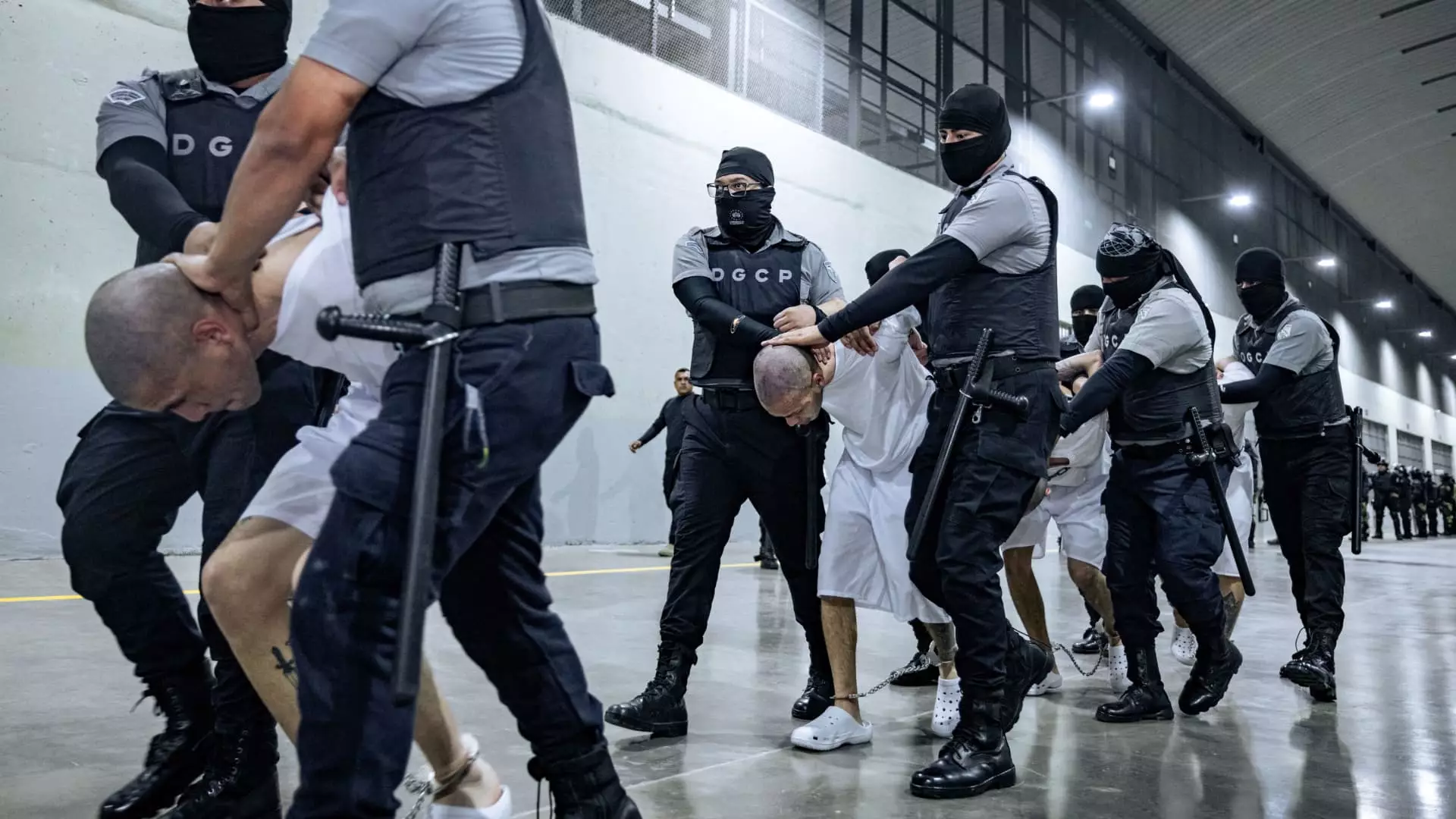In a rare and compelling decision, the Supreme Court has signaled a commitment to justice that transcends political leanings. The Court has upheld a lower court’s directive mandating the Trump administration to facilitate the return of Kilmar Abrego Garcia, a Maryland resident who was wrongfully deported to El Salvador. This case serves as a stark reminder of the enduring struggle against systemic injustice, especially in the realm of immigration.
The Dire Circumstances of Abrego Garcia
Abrego Garcia’s plight has gripped the attention of advocates for immigrant rights across the nation. Detained by Immigration and Customs Enforcement (ICE) merely three days before being deported, he was sent back under dubious circumstances surrounding an “administrative error.” For many, this raises an unsettling question: how many more individuals face similar fates in a system that seemingly prioritizes algorithms over humanity? In an age when immigration policies have become increasingly stringent, stories like Abrego Garcia’s expose the dark underbelly of a bureaucratic machine. Many are simply statistics, swept away in a wave of dismissive policy-making.
The Administration’s Contradictory Position
What complicates this case further is the Trump administration’s conflicting narrative regarding Abrego Garcia’s supposed gang affiliations. While the administration points to his alleged membership in MS-13—a gang labeled a foreign terrorist organization—the evidence remains murky at best. Abrego Garcia’s legal team argues vehemently against these claims, emphasizing that he has lived in the United States for a decade without encountering any legal repercussions. Herein lies a critical examination of how immigration enforcement can sometimes morph into a draconian exercise of power, where the accused stands guilty without a fair trial or proper discourse.
A Deceptive Legal Framework
The Supreme Court’s ruling did not come without its caveats. Although it commanded the government to “facilitate” Abrego Garcia’s return, it also hinted at the necessity of clarifying the extent of this directive. In doing so, the Court exhibited a cautious approach, affording a degree of deference to the Executive Branch, particularly in matters involving foreign policy. This duality raises an important concern: at what point does the need for administrative deference overshadow the pursuit of justice for individuals wrongly victimized by systemic flaws?
Moving Forward: The Need for Reform
This unsettling saga highlights not only the urgency for legal recalibration but also a moral imperative: the need for compassionate reform in immigration policy. While the Supreme Court’s decision is a beacon of hope for Abrego Garcia, it underscores a broader necessity for a legal framework that prioritizes humanity over harsh legalism. As citizens, we are challenged to grapple with the nuances of justice, advocating for the rights of those who suffer in silence. This case is a clarion call, urging us to demand reform that aligns with our collective values of fairness and equity in the immigration system. It is not merely about one man’s safety; it represents a pivotal moment in the ongoing battle for human dignity.

